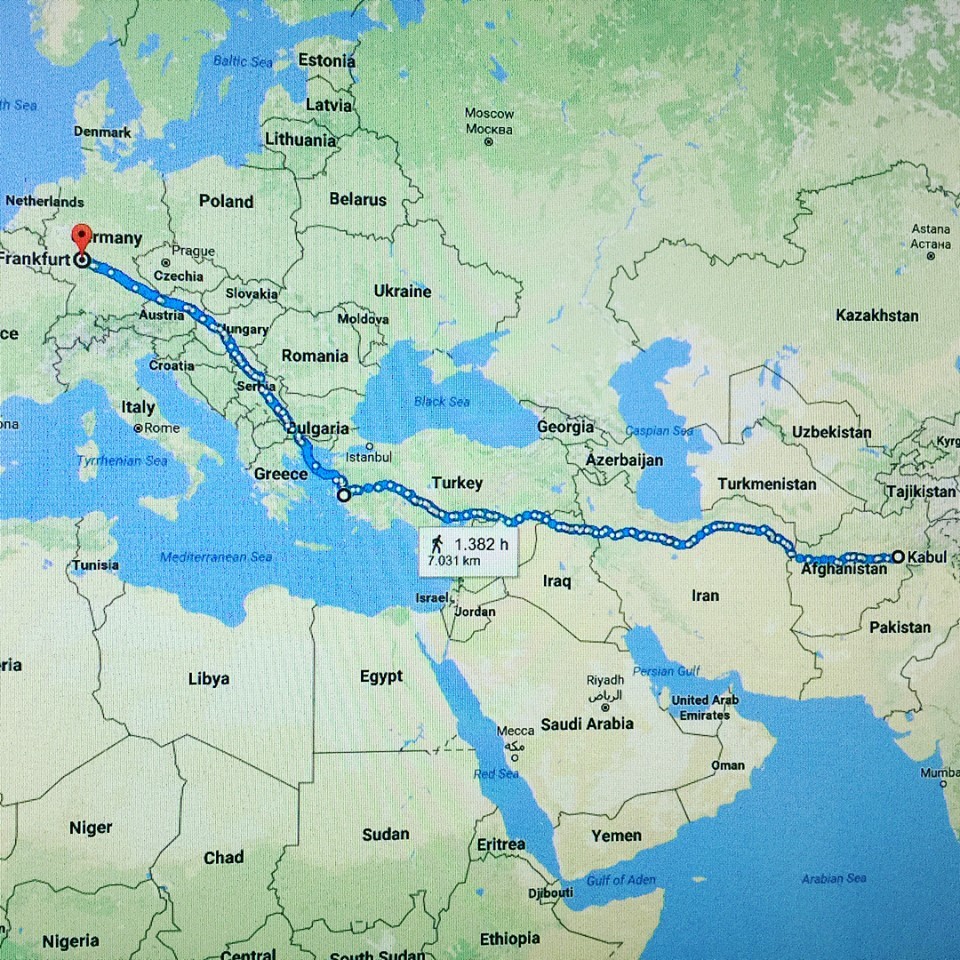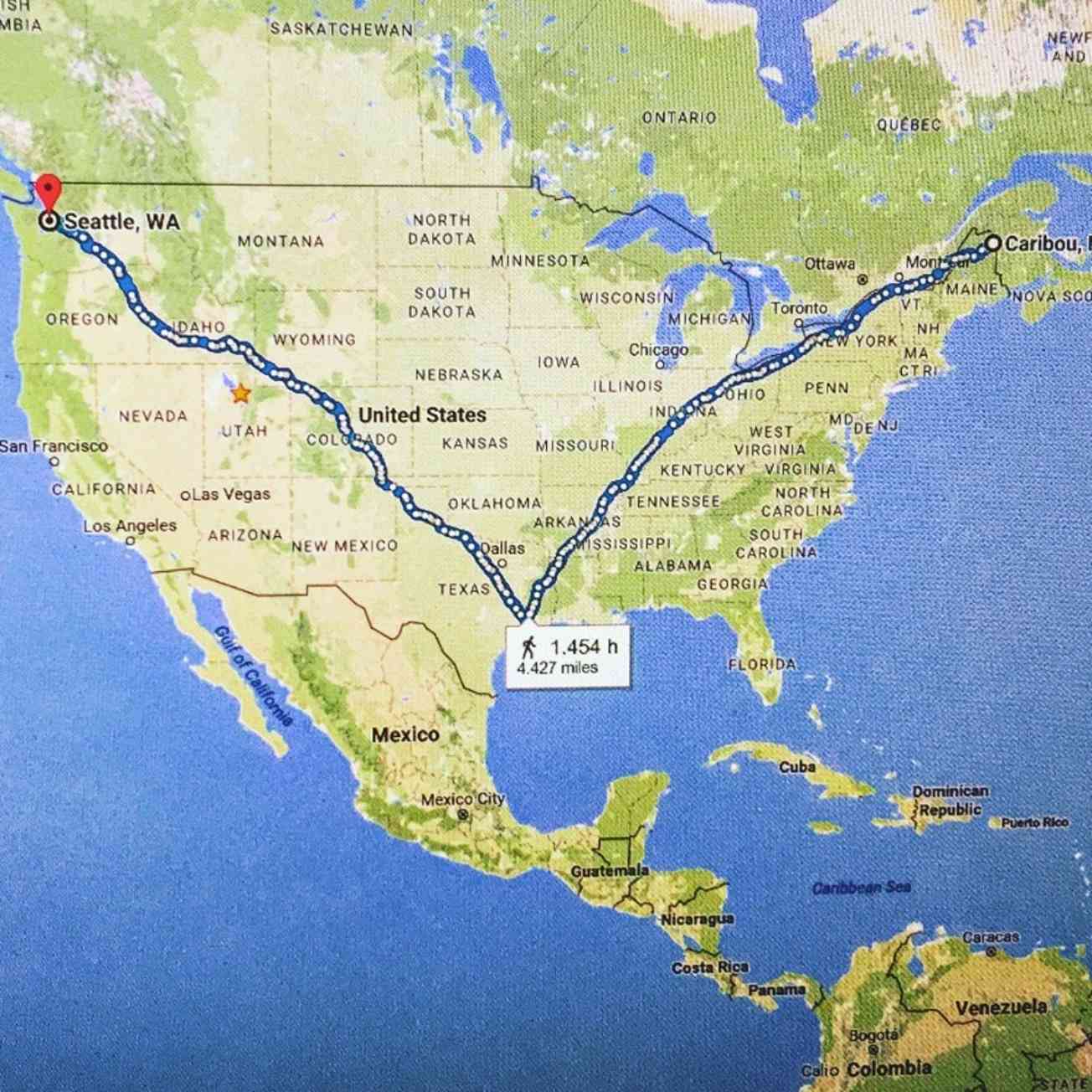Refugee Perspectives: Treacherous Travel

Written by Melissa Dalton-Bradford
Since I started learning from refugees, I haven’t been able to travel (as I’m doing right now) without thinking of my refugee friends.
When I traveled to Salt Lake City, Utah in the western US, I flew. When I traveled from Utah to California—-crossing scorching, punishing desert—-I drove. I drove across borders without danger, with no fanfare. I had air conditioning and a reclining seat. And I loaded up the back hatch with everything my family and I might need that a gas station wouldn’t provide.
My refugee friends, on the other hand, walked. Many walked for weeks and months from Afghanistan to the shores of Turkey (the distance from NYC to Seattle) crossing borders patrolled by police or vigilantes who waited with machine guns aimed to kill.
They trudged across deserts.
They hiked alp-like mountain ranges.
They forded rivers.
They hid in forests.
They crawled through brush.
They burned under August sun.
Then they hit coastline.
They paid smugglers.
They crammed onto inflatable rafts.
The lucky ones arrived in Greece.
Then they walked again.
Need I paint the picture? We’ve all seen the photos. We know.
But do we?
Did you know that by the time these refugees had found their way to Frankfurt, they had walked a distance equivalent to the trek from NYC to Houston and back up to Seattle?
No? Neither did I.

Official Statement on the Detention of Refugees and Ongoing Community Violence
With another death in Minnesota and continued violence toward individuals and groups standing up for their communities, we acknowledge the profound fear and uncertainty people are feeling--not just locally, but across the country.
On top of this, there are reports that refugees invited and admitted to our country through the U.S. Refugee Admission Program are now being detained, meaning that our new friends and neighbors feel that fear most acutely.
Refugees have already fled violence and persecution once. They came here legally, seeking safety. In moments like these, we reaffirm our commitment to building communities where refugees and immigrants can live without fear. Where they can go to work, send their children to school, and build lives of dignity and belonging.
We call for due process, accountability, and humanity in all immigration enforcement operations. We call upon our leaders to demand the demilitarization of our neighborhoods and cities. And we call on all of us to continue the work of welcoming and protecting those who have been forcibly displaced from their homes.